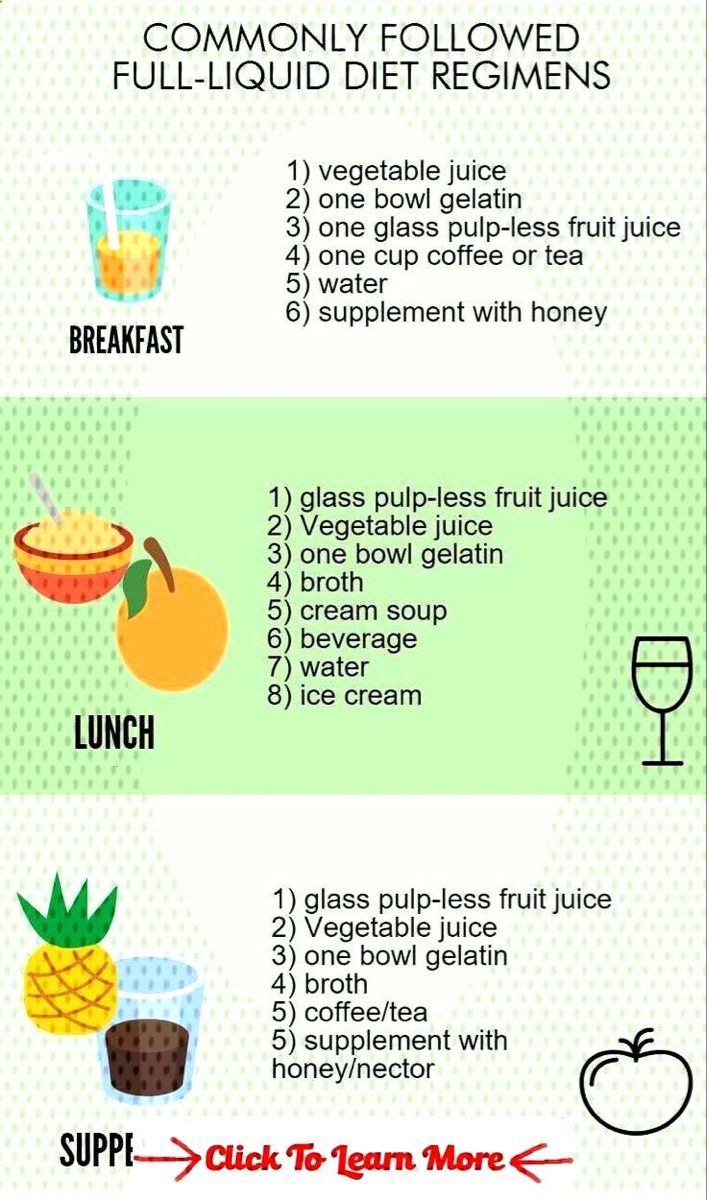
How to Properly Turn Down a Job Offer and Maintain Your Professional Image in 2025
Declining a job offer can be a delicate situation, but it’s essential to do it with poise and professionalism. Learning how to turn down a job offer gracefully not only helps you preserve valuable professional relationships but also leaves the door open for future opportunities. In this guide, we will explore various strategies, templates, and etiquette to ensure that your job offer rejection is delivered respectfully.
Understanding Your Reasons for Declining
Before you learn how to **politely decline a job offer**, it’s important to identify your reasons clearly. Understanding your motivations allows you to communicate effectively and ensures clarity in your decision-making process. Common **reasons for declining a job offer** include issues like insufficient salary, lack of growth opportunities, or misalignment of company culture with your goals. Reflecting on these factors empowers you to convey your decision with confidence and clarity.
Common Reasons to Consider
Some prevalent **reasons to turn down a job offer** often include inadequate salary, less-than-appealing job benefits, or even personal circumstances that might have changed since your interview. Other concerns could revolve around job responsibilities not aligning with your career ambitions or hesitation about the company's leadership style or stability. Recognizing and preparing to articulate these reasons can make the process smoother when you're ready to respond positively but declining the offer firmly.
Evaluating Your Current Situation
It's also vital to evaluate your current employment situation in light of the new offer you received. Ask yourself: does this position align with your long-term career goals or your professional development? Knowing your career path aids in the decision process and helps articulate your values if asked during the decline conversation or email. If you're already employed but took this journey through the hiring process, consider what this trajectory would mean in terms of respect for your current commitment.
Articulating Your Decision
When it comes to **declining a job offer professionally**, the key lies in clear and positive communication. Think about crafting your disapproval in a way that recognizes the opportunity’s merits, no matter what your reason is. You may begin with a statement of appreciation before discussing your rationale, paving the way for a respectful and considerate rejection. Consider including even positive aspects of the organization, or the team, as a compliment—this fosters goodwill even in your decline.
Communicating Your Decision Effectively
It’s crucial to choose the right format when you're ready to respond. Whether sending a **turning down job offer email** or having a live conversation, clarity and professionalism are paramount. This two-way communication ensures that you’re not only expressing gratitude but also emphasizing your stance effectively, minimizing any potential misunderstanding.
Email Templates for Job Offer Rejection
If you determine that an email serves as the best route, consider using a template that balances professionalism and appreciation. For example, start with a thank you note that expresses gratitude for the hiring team’s time and consideration. Then, proceed with your concise reason for declining followed by an offer to keep in touch for any future opportunities. This way, you’ll not only sound sincere but also keep bridges intact.
Conversations as an Alternative
Sometimes a **declining job offer conversation** can be more personal and appreciated, especially if you’ve built a rapport with the job offerer. If this is feasible, addressing your thoughts in a verbal manner allows for a more nuanced dialogue and the opportunity to discuss any viable future openings. Choose words that reflect your appreciation and perspective during the conversation—pose solutions or questions that may garner future connection rather than close off conversations.completely.
Handling Follow-ups Gracefully
Lastly, it's essential to manage follow-ups gracefully after you decline the job offer. You might receive a counter-offer or a response that invites further consideration; be open to communication, expressing thanks and maintaining the line clear, just in case circumstances shift. If appropriate, signal your interest in exploring opportunities with them again in a few months or the future.
Maintaining Professional Relationships After Rejection
Turning down a job offer can sometimes lead to a perception of misalignment, but it doesn't have to damage relationships. Maintaining a professional image should be at the forefront of your mind during the declining process; this enhances your network and career growth in the long run. Thus, careful consideration of the language you use when crafting a response can help solidify a lasting connection.
Preserving Company Relations
Even in rejection, it’s vital to express appreciation. Thank hiring managers and interviewers for their time; articulate your respect for the organization and their efforts in the hiring process. **Expressing gratitude when declining a job offer** amplifies positivity around your decision and represents you well—both personally and professionally. You could even offer to write a LinkedIn recommendation for individuals you interacted with during this process.
Turning Down Offers Without Burning Bridges
To **tactfully decline a job offer**, consider employing phrases that acknowledge the hard work of those who contributed to your hiring journey. Finding balance in your tone is crucial; it illustrates professionalism while giving due regard to what you've declined. A note wishing them all the best with their search and future endeavors also elevates communication norms and opens the door for peers and resources that could support your career journey.
Keeping Your Options Open for the Future
When it comes to the future, don’t neglect the importance of a **job offer regret email**. Should any walls of opportunity be built in the absence of recent context, signify your interest in keeping that relationship prioritized. Encourage the continuation of engaging with industry changes, news, or projects with those within a company, signaling openness when another fitting opportunity arises.
Key Takeaways
- Understand your reasons clearly for declining a job offer.
- Communicate gratitude when expressing your decision.
- Employ templates to guide your written correspondence or opt for a personal conversation for a more nuanced approach.
- Keep relationships intact by expressing appreciation for the interviewer's time and future opportunities.
- Follow-up and maintain communication to keep the door open for future prospects.
FAQ
1. How should I structure my job offer rejection email?
Your job offer rejection email should be clear and concise, featuring a warm greeting, expression of gratitude, and a mention of your valid reason for declining. Consider using a **job offer decline template** to help structure your thoughts efficiently for effective communication skills.
2. What if I have regrets about turning down a job offer?
If you have job offer regret, it’s okay to follow up later, signaling your interest in future opportunities. A carefully crafted **job offer regret email** can convey your thoughts respectfully, ensuring that the company keeps you in mind for future positions.
3. Can I negotiate salary after I’ve declined a job offer?
While it may be less common, you can engage in conversations regarding potential adjustment for value if you have declined due to salary concerns. You can revisit **job offer negotiation** but consider tactfulness in your approach to sustain professional relations.
4. How do I decline a job offer that I really wanted but can’t accept?
In such cases, it's best to be honest, stating that while you appreciate the offer immensely, factors such as personal circumstances or mutual fit played essential roles in your decision. **Respectfully declining a job offer** when well-articulated showcases your professionalism and consideration.
5. What are the consequences of declining a job offer?
Declining a job offer can have potential consequences, including the loss of future requests or follow-ups from that employer. However, handling the decline graciously and open-mindedly can allow you to preserve the relationship and leaves the door open for future opportunities in consumer recruitment.
6. How can thanking them judge etiquette after job offer rejection?
Making an effort to thank hiring managers not only displays your manners but fosters goodwill, showcasing your **professionalism in job offers**. This open respect often leads to maintaining connections effectively in the job search journey.
7. Should I remain open to opportunities from the same company in the future?
Yes, by expressing interest in future opportunities when you decline, you can keep lines of communication open. This will demonstrate your ability to preserve relationships in job offers while reflecting a thoughtful career strategy moving forward.

